Indian White Granite has emerged as one of the most popular choices in architectural designs,…

Black Granite: Comparing Polished vs. Honed Finishes
Granite has long been a favorite material for countertops, flooring, and decorative surfaces due to its beauty and durability. Among the various colors and types of granite, Black Granite stands out as a sophisticated, timeless choice that can suit any modern or classic interior.
When it comes to finishing Black Granite, the two most popular options are polished and honed. Each finish offers a unique aesthetic and functional benefit, but the choice depends on your specific needs and style preferences. This article dives deep into the differences between these two finishes, helping you make an informed decision for your next project.
What is Black Granite?
Black Granite, as the name suggests, is a type of granite that comes in deep shades of black, often with speckles of white, gray, or even gold. This natural stone is incredibly durable, heat-resistant, and highly sought after for both residential and commercial applications.
Whether you are designing a kitchen, bathroom, or a flooring project, Black Granite creates a sleek and elegant look that never goes out of style. Its durability makes it perfect for high-traffic areas, while its rich appearance adds sophistication to any space.
Polished vs. Honed: What’s the Difference?
Polished Granite Finish
The polished finish is one of the most common and popular finishes for granite. It gives the stone a high-gloss shine that enhances its natural beauty, making the colors and patterns in the granite more vibrant and noticeable.
Pros of Polished Granite:
- Enhanced Aesthetic Appeal: The glossy surface makes the stone shine and stand out, making it perfect for high-end projects like luxury kitchens, bathrooms, or commercial spaces.
- Easier to Clean: The smooth surface prevents dirt, dust, and spills from absorbing into the stone. This makes maintenance easier, as wiping down polished granite is usually enough to keep it clean.
- Reflective Surface: The high shine of polished granite reflects light, making rooms look brighter and more spacious.
- Durability: The process of polishing makes the granite surface harder and less porous, making it more resistant to scratches and stains.
Cons of Polished Granite:
- Slippery Surface: While polished granite is visually stunning, it can become slippery, which may not be ideal for floors or areas prone to moisture, like bathrooms.
- Visible Fingerprints and Smudges: While the smooth surface resists stains, it can show fingerprints and smudges more readily, which may require frequent cleaning.
- Requires Regular Maintenance: To maintain the high shine, polished granite may need occasional sealing and polishing, which can be time-consuming.
Best Uses for Polished Granite:
- Kitchen countertops
- Bathroom vanities
- Commercial lobbies or office spaces
- Fireplace surrounds
Honed Granite Finish
A honed finish, on the other hand, is matte and has a smooth, velvety texture without the reflective shine of polished granite. It is created by sanding the surface of the stone to achieve a flat, non-reflective finish.
Pros of Honed Granite:
- Matte Appearance: The matte, subtle look of honed granite is ideal for spaces where you want a more understated elegance. It’s perfect for modern, minimalist designs.
- Non-Slip Surface: Due to its lack of shine, honed granite has more grip than polished granite, making it a better option for high-traffic floors and wet areas, like bathrooms or outdoor kitchens.
- Natural Feel: The honed finish retains more of the stone’s natural texture, giving it a more organic, earthy feel.
- Scratch-Resistant: Honed granite can hide minor scratches better than polished granite because of its matte surface.
- Stain Resistance: Although honed granite is slightly more porous than polished granite, it still resists stains fairly well, especially when sealed properly.
Cons of Honed Granite:
- More Maintenance: Honed granite is more likely to show etching or stains from acidic substances like lemon juice or vinegar.
- Less Glossy Appearance: If you love the shiny look, the honed finish may seem less glamorous, as it lacks the shine and vibrancy of polished granite.
- Can Look Dull: Over time, the honed surface may lose its luster if not maintained correctly.
Best Uses for Honed Granite:
- Flooring in high-traffic areas
- Outdoor spaces
- Bathroom countertops and vanities
- Modern or rustic-style kitchens
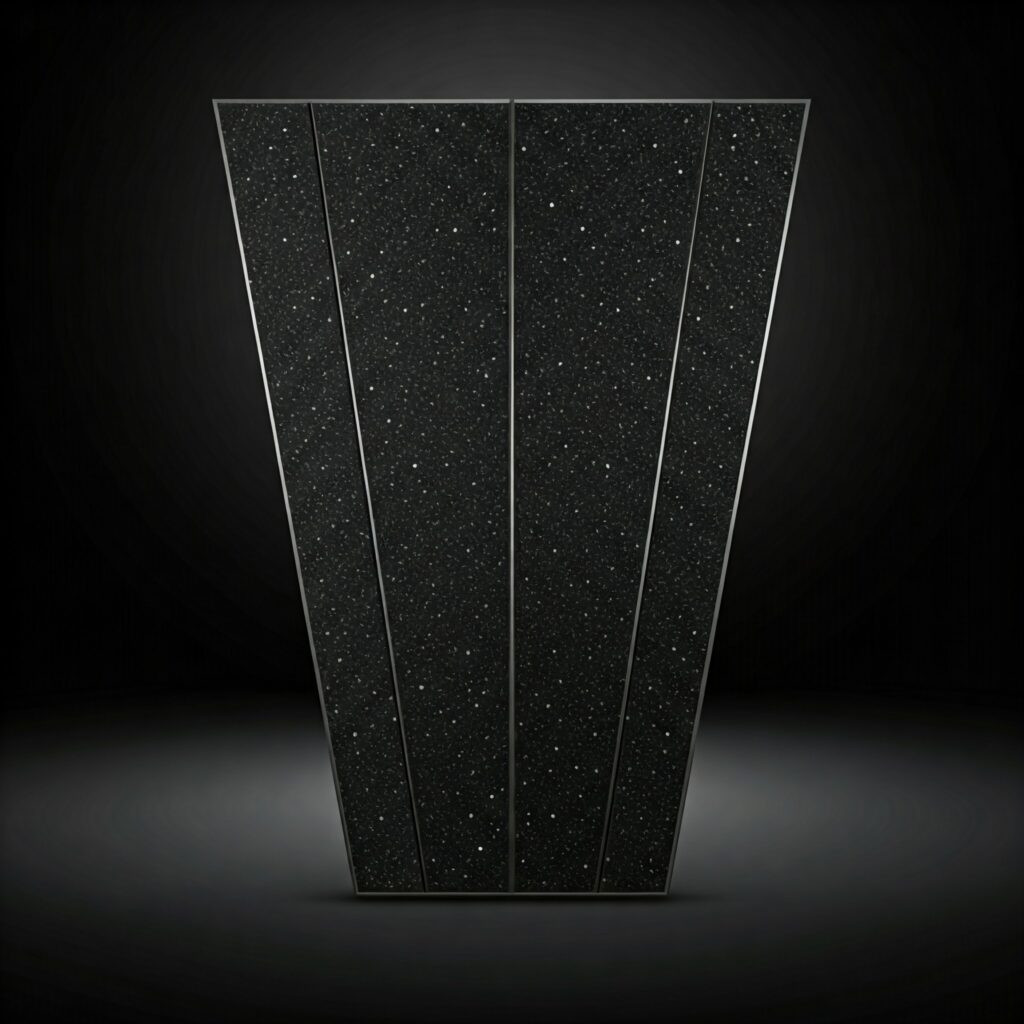
Polished vs. Honed: Which is Better for You?
To help you decide which finish is best for your Black Granite project, let’s compare the two finishes in terms of key features:
| Feature | Polished Granite | Honed Granite |
| Appearance | High gloss, shiny finish | Matte, smooth, non-reflective surface |
| Durability | Scratch-resistant, harder surface | Slightly softer, more prone to etching |
| Maintenance | Requires regular sealing and polishing | Easier to maintain, but more prone to stains |
| Slip Resistance | Slippery, not ideal for wet areas | Less slippery, ideal for bathrooms and floors |
| Aesthetic Style | Elegant, glamorous, traditional | Subtle, natural, modern |
| Cost | Generally higher due to the polishing process | More affordable, but requires more maintenance |
Popular Applications for Black Granite with Different Finishes
Polished Black Granite in Kitchens
Polished Black Granite is a popular choice for kitchen countertops due to its sleek appearance and durability. The high-gloss finish enhances the stone’s natural beauty, making it a statement piece in your kitchen.
Pro Tip: If you choose polished granite for your kitchen, be sure to clean up spills immediately to avoid staining, especially from acidic substances like lemon or vinegar.
Honed Black Granite for Flooring
Honed Black Granite is perfect for high-traffic areas where durability and slip-resistance are key. Its matte surface provides a subtle and understated elegance while being practical for floors.
Pro Tip: If you have pets or small children, honed granite can be a safer option for flooring since it provides better grip.
Commercial Spaces and Offices
Both polished and honed Black Granite are used in commercial spaces for a professional and sophisticated look. Polished granite is ideal for the reception area or lobby, while honed granite can be used in hallways or as flooring to reduce slip hazards.
Fun Facts About Black Granite
- Natural Formation: Black Granite forms from solidified magma beneath the Earth’s surface, which makes it one of the hardest and most durable stones.
- Historical Use: Granite has been used for thousands of years, from ancient Egyptian monuments to modern-day architecture.
- Granite’s Unique Patterns: No two pieces of Black Granite are alike; each has its unique veining, texture, and color variations.
Maintenance Tips for Black Granite
- Polished Granite: Seal regularly (every 1-2 years) to maintain its shine and protect it from stains.
- Honed Granite: Clean with a pH-balanced stone cleaner and avoid harsh acidic cleaners that may damage the surface.
- General Tip: Always wipe up spills immediately, especially acidic substances that may stain or etch the granite.
Conclusion
Both polished and honed finishes for Black Granite offer distinct advantages depending on your project’s needs. Polished granite provides a glossy, glamorous appearance with vibrant color contrasts, while honed granite delivers a more subtle, natural look with greater slip resistance.
Choosing the right finish for your Black Granite depends on factors such as location, aesthetic preferences, maintenance expectations, and functionality. Whether you opt for polished or honed, Black Granite will undoubtedly add elegance and durability to your space.
For more options, check out Namo Stone, where you can find a wide variety of Black Granite and other natural stones with the perfect finish for your project.
Additional Resources
For further details on granite finishes and maintenance tips, you can also visit authoritative resources, such as:
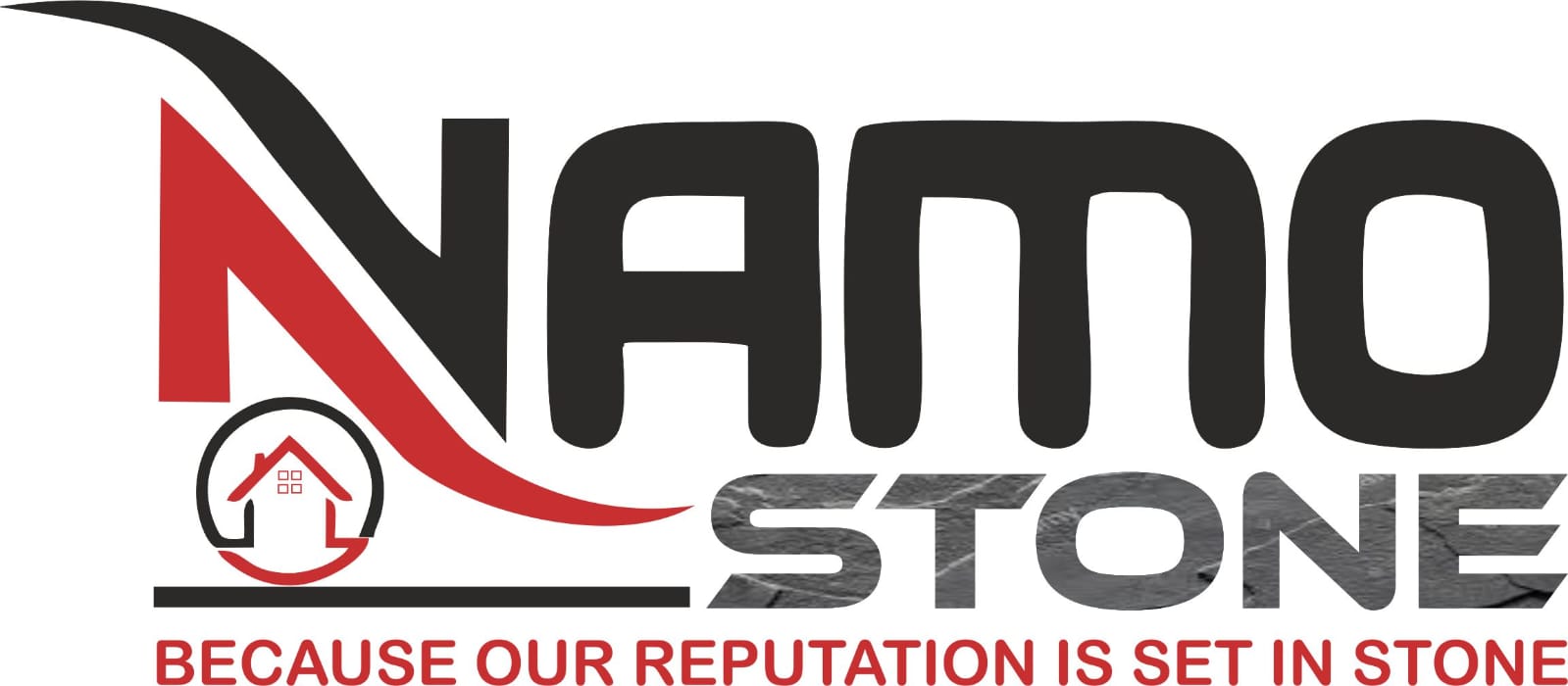
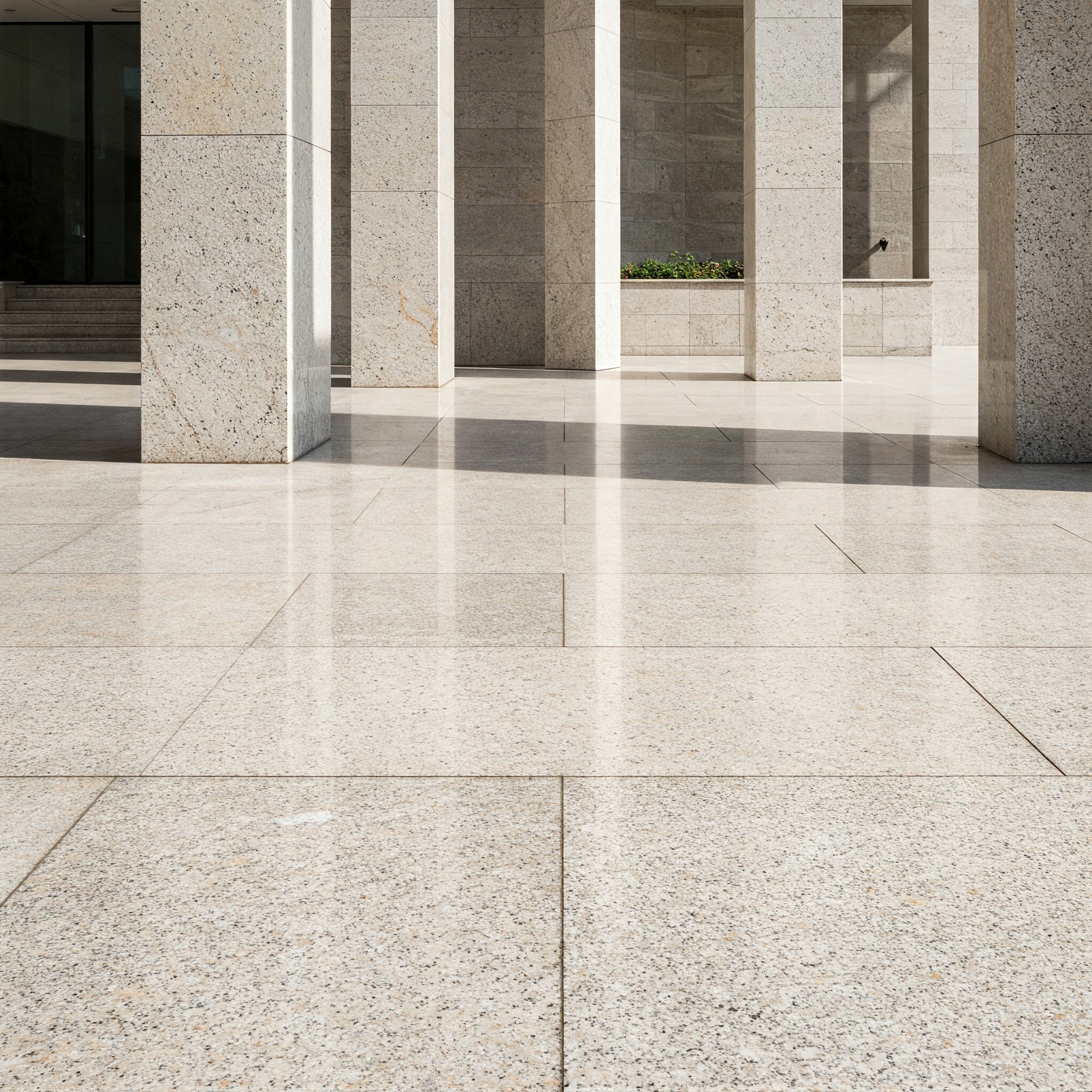
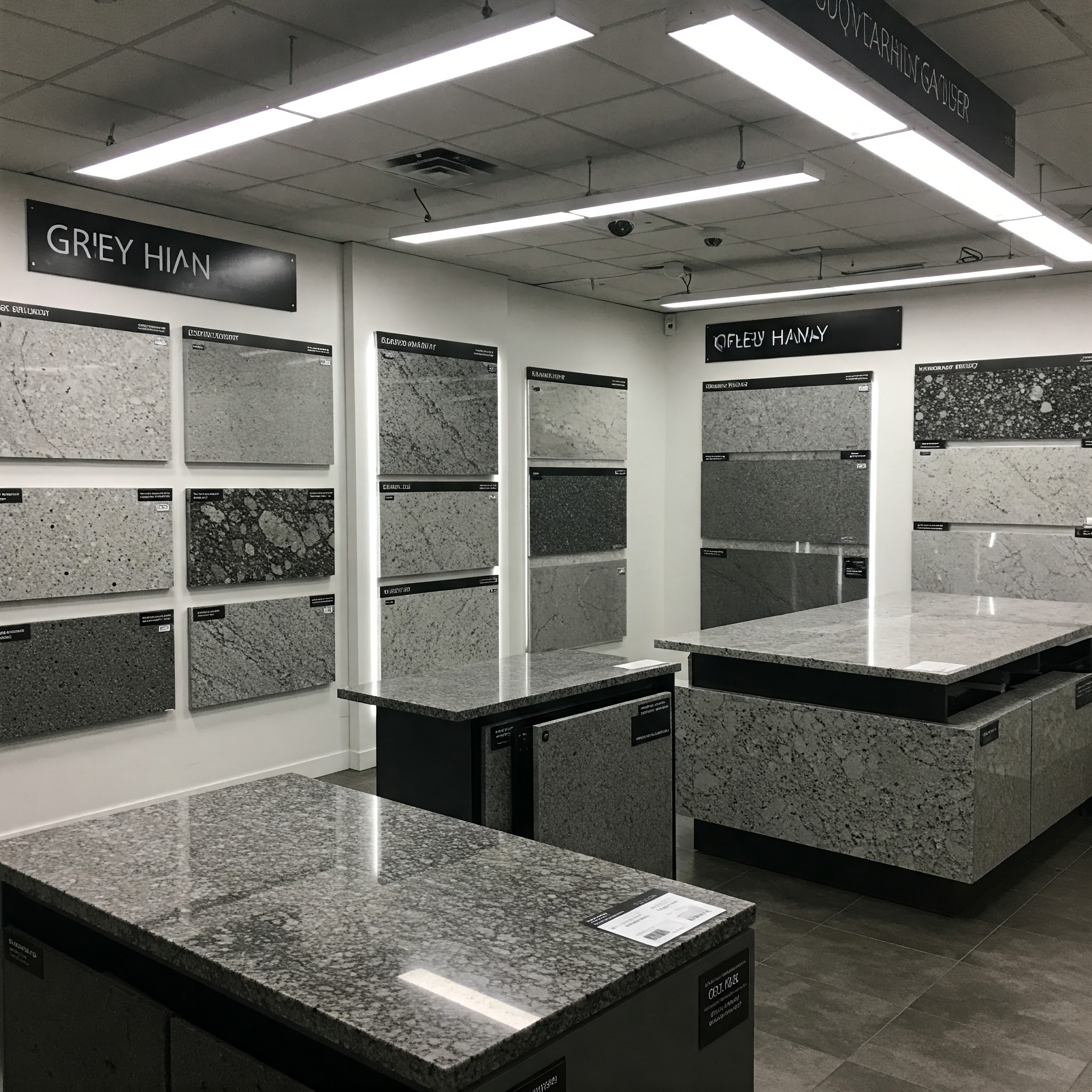
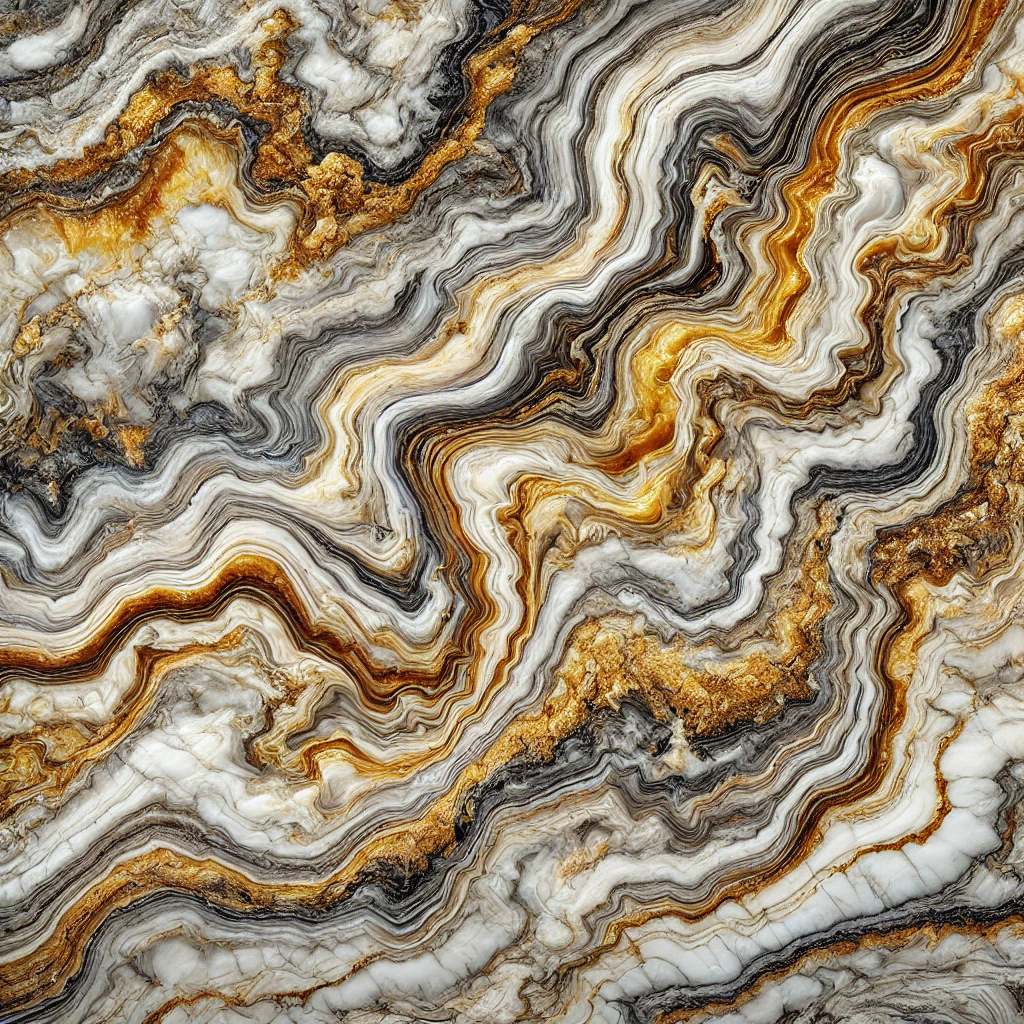
This Post Has 0 Comments